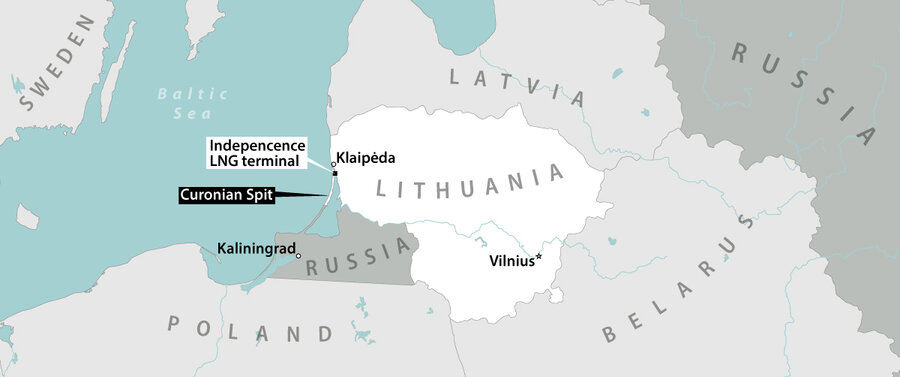Pundits originally predicted that overturning Roe wouldn’t have much impact on November’s elections. But the summer is suggesting otherwise.
Monitor Daily Podcast
- Follow us:
 Howard LaFranchi
Howard LaFranchi
As part of my prep for interviewing Indian oral historian Aanchal Malhotra for my story on the 75th anniversary of colonial India’s partition, I purchased a copy of her latest work – 700-plus pages of interviews with the survivors and their descendants of one of the 20th century’s most searing events.
I was still in the impressive tome’s introduction, reading about Ms. Malhotra’s own family’s experience with Partition, when I stopped at this sentence: “When I began these informal explorations, my understanding was limited to the condensed version of events in my school curriculum, and the fact that in 1953 my paternal grandfather had set up a bookshop in Delhi’s Khan Market – then a refugee market, created as a commercial initiative for those who had migrated from the other side.”
A bookshop in Khan Market, I wondered. Could it be?
On my last reporting trip to India in 2019, I’d stayed in a hotel within walking distance of Khan Market, now a collection of mostly tony boutiques and restaurants catering to Delhi’s well-off.
But on one evening stroll, I’d come upon Bahrisons bookshop, and it quickly became a refuge for me – from the oppressive 120-degree Fahrenheit heat Delhi was experiencing, for sure. But it also opened a window into Indian society by the books displayed most prominently, or by the books patrons chose to leaf through. I purchased a couple that offered insight into stories I was doing and led me to several new sources.
So when I reached Ms. Malhotra, before we got down to the business of the interview, I shared my experience with the Khan Market bookshop, and asked if it was her grandfather’s. Indeed it was.
I could hear in her voice her delight. She said my experience with the shop would put a smile on her grandfather’s face, because what I’d found there was what he’d always intended – a welcoming place open to anyone keen to learn new things and to dream.












